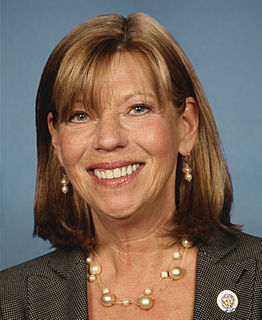A Quote by Stephen Moore
The trade deficit always goes up when the economy is strong and plummets when the economy sinks, as it did during both the Great Depression of the 1930s and the Great Recession of 2008-09.
Related Quotes
During the Great Depression, levels of crime actually dropped. During the 1920s, when life was free and easy, so was crime. During the 1930s, when the entire American economy fell into a government-owned alligator moat, crime was nearly non-existent. During the 1950s and 1960s, when the economy was excellent, crime rose again.
Government intervention in the economy - through taxes, regulation and, most importantly, currency inflation - causes distortions and misallocations of capital that must eventually be unwound. The distortions degrade the general standard of living, and the economy goes into a recession (call that an incomplete cleansing). Or it goes into a depression - wherein the entire sickly structure comes unglued.
I know many of you are hurting and angry about the economy, and I don't blame you. It's the worst economy since the Great Depression. When consumers can't buy and businesses won't expand for lack of customers, the government has to be the purchaser and employer of last resort. We learned that in the Great Depression, but Republicans obviously didn't - and they've blocked every jobs program I've offered.
World War II was really unusual, because America was in the Great Depression before. So the war did help the US economy to get securely out of this decline. This time, the war [in Iraq] is bad for the economy in both the short and long run. We could have spent trillions in research or education instead. This would have led to future productivity increases.
From the Great Depression, to the stagflation of the seventies, to the current economic crisis caused by the housing bubble, every economic downturn suffered by this country over the past century can be traced to Federal Reserve policy. The Fed has followed a consistent policy of flooding the economy with easy money, leading to a misallocation of resources and an artificial 'boom' followed by a recession or depression when the Fed-created bubble bursts.




































